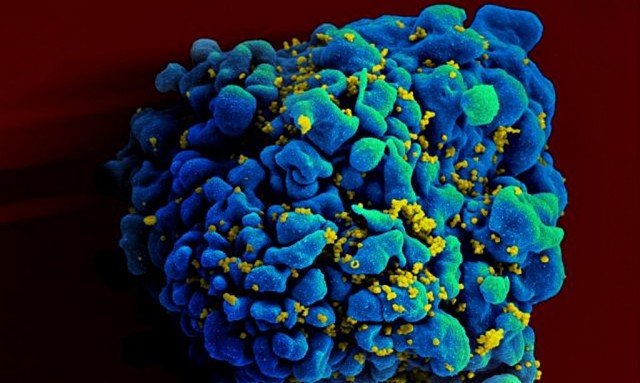According to a new study, the rate of HIV infections diagnosed in the US has fallen by a third over the past decade.
After examining cases from all 50 states, the study found that the diagnosis rate fell to 16.1 per 100,000 people in 2011 from 24.1 in 2002.
Experts celebrated the findings as a hopeful sign that the AIDS epidemic may be slowing in the US.
However, there was a rise in new cases of HIV among gay and bis**ual men aged under 24 and over 45.
HIV is the virus that causes AIDS, a disease which destroys the immune system.
The World Health Organization (WHO) estimates 35 million people globally have the virus. More than 1 million people in the US are thought to be infected, with 18% unaware of their infections.
From 2002 to 2011, 493,372 people were diagnosed with HIV in the US, researchers said.

As well as an overall decline, declines were also seen in the rates for men, women, whites, blacks, Hispanics, heteros**uals, injection drug users and most age groups.
Researchers said the only group in which diagnoses increased was gay and bis**ual men.
“Among men who have s** with men, unprotected risk behaviors in the presence of high prevalence and unsuppressed viral load may continue to drive HIV transmission,” the report said.
The study also found diagnosis rates dropped even as the amount of testing rose.
In 2006, the Centers for Disease Control and Prevention (CDC) recommended routine HIV testing for all Americans aged 13 to 64.
The percentage of adults ever tested for HIV increased from 37% in 2000 to 45% in 2010, according to CDC data.
Although experts say reasons for the US decline in infections are unknown, it is in line with a global downturn in the AIDS epidemic.
Last week, the UN said that there were 2.1 million new HIV infections worldwide in 2013, down 38% from 2001.
The study was released online by the Journal of the American Medical Association (JAMA) ahead of the International AIDS Conference that started in Melbourne, Australia, on Sunday.
